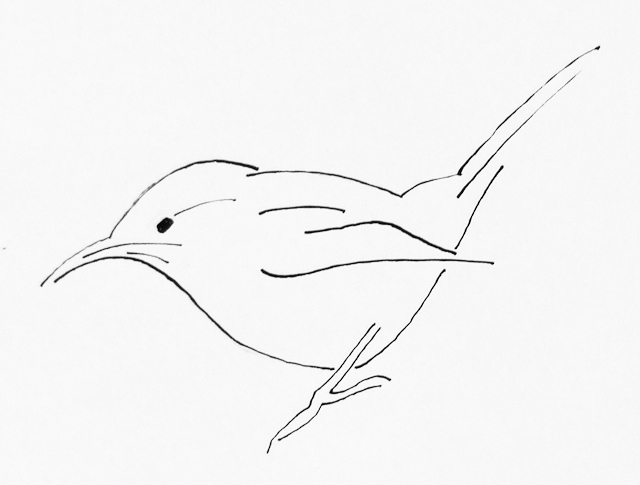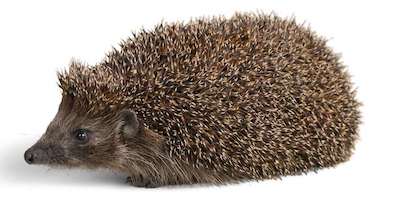Birds and Beasts
The UK is one of the most nature depleted countries in the world. More than one in seven native species face extinction and more than 40% are in decline.

Birds; most of us feed the birds, particularly in winter or when they’re raising their young. To help birds:
-
Keep dead plant matter (e.g. in the herbaceous border) to provide food.
-
Hang bird feeders and buy bird food from reputable suppliers. Provide fresh water.
-
Put up a bird box or three in a north or east-facing position. Tim Lyver of Tall Grey Bird is a Betchworth local and makes beautiful bird and bat boxes and bug hotels.
-
Plant trees and hedgerows to promote insect life.
-
Visit the RSPB to find out more.
Bats; bats are most often seen in Betchworth at dusk, flitting about and hoovering up insects as the sun goes down. If you want to encourage bats, put up some bat boxes in trees or on the side of tall outbuildings. For more information visit the Bat Conservation Trust.
Hedgehogs; our hedgehogs are endangered so anything you can do to help them is worthwhile:
-
Hedgehogs can travel up to three miles when foraging for food, so provide access through fences and hedges.
-
Leave a quiet, untidy place in your garden to encourage hedgehogs to nest and to provide shelter amongst leaf and log piles.
-
Provide a hedgehog home or feeding shelter that can’t be accessed by cats, dogs or foxes. Place it somewhere quiet and sheltered and offer kitten or cat food and water in shallow bowls

More good advice...
Reptiles & Amphibians; although you may not see grass snakes, toads, frogs and lizards in your garden, they may be there. To encourage them, make sure there’s plenty of shelter; wood piles, leaves and if you can, place pieces of corrugated iron in a quiet spot in your garden. These will act as basking sites and provide shelter.
To find out more, visit: